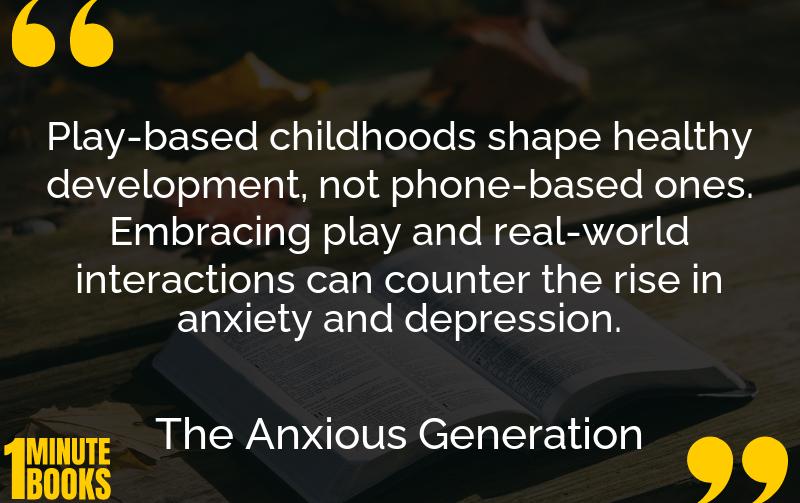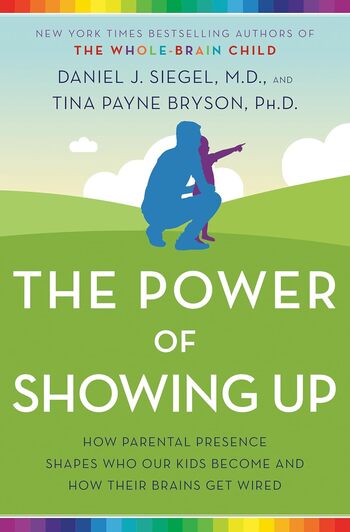
The Anxious Generation analyzes how the decline of childhood play and the rise of smartphones contribute to Generation Z’s mental health crisis, urging caregivers to promote play and real-world interactions to support youth development.
Main Lessons
- Smartphones are linked to the rise in mental health issues among Generation Z.
- A shift from play-based childhoods to phone-based interactions affects development.
- Social deprivation from less face-to-face interaction harms children’s development.
- Smartphone use contributes to sleep deprivation, affecting mental health.
- Attention fragmentation from constant notifications impedes focus and learning.
- Smartphone addiction creates compulsive habits, impacting mental well-being.
- Encouraging unstructured playtime can combat the negative effects of technology.
- Governments should enforce more protective measures for children online.
- Increasing free play and recess at schools supports healthy development.
- Parents should set boundaries for screen time and encourage real-world play.
- Digital independence should match, not surpass, real-world self-efficacy.
- Tech companies should innovate safeguards for younger users online.
- By fostering independence and reducing screen time, caregivers can support healthier youth.








